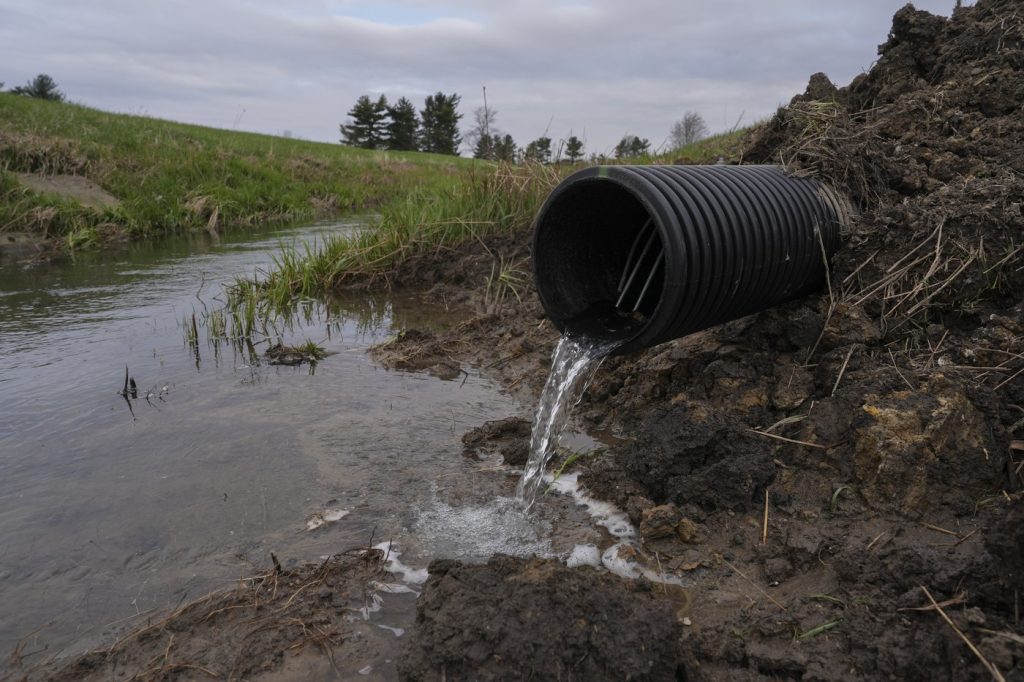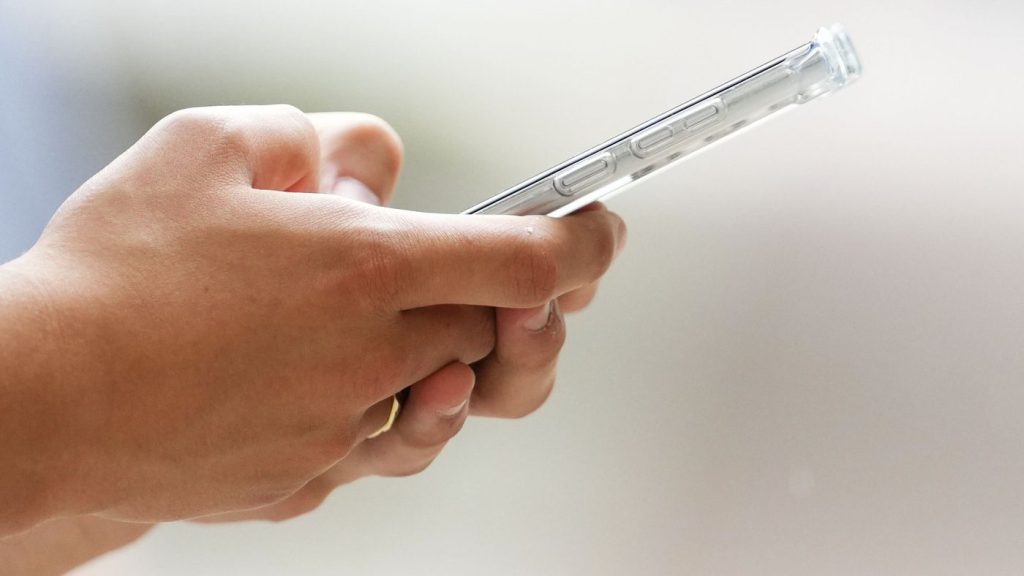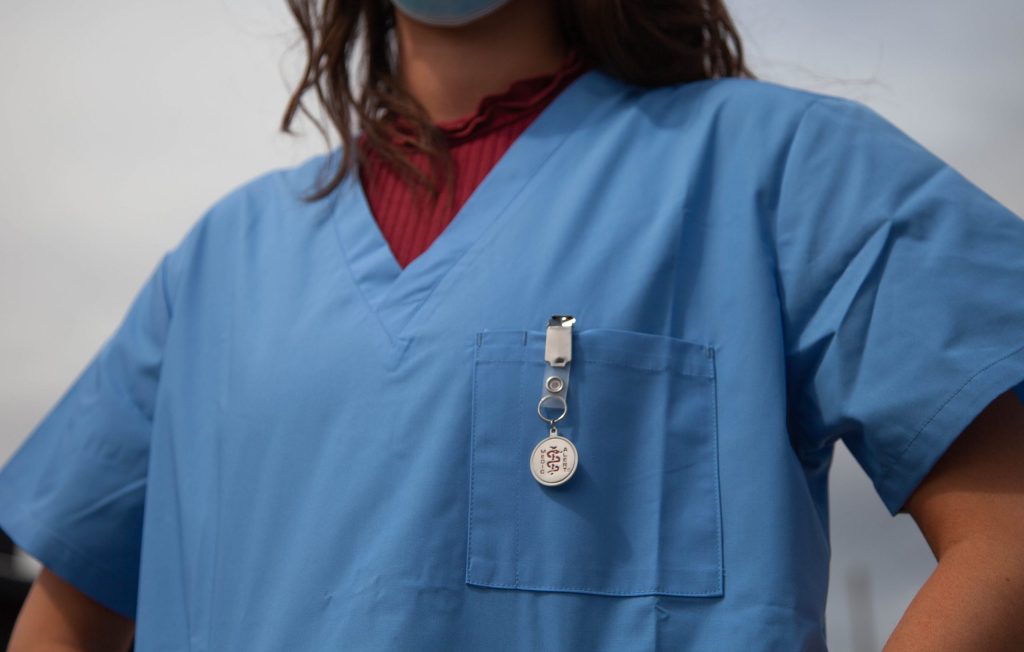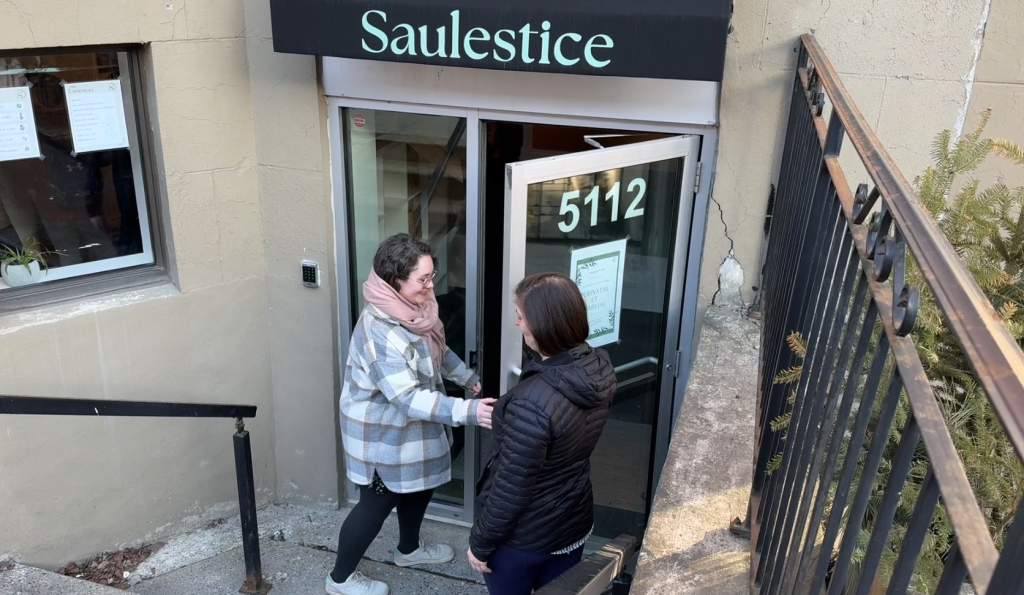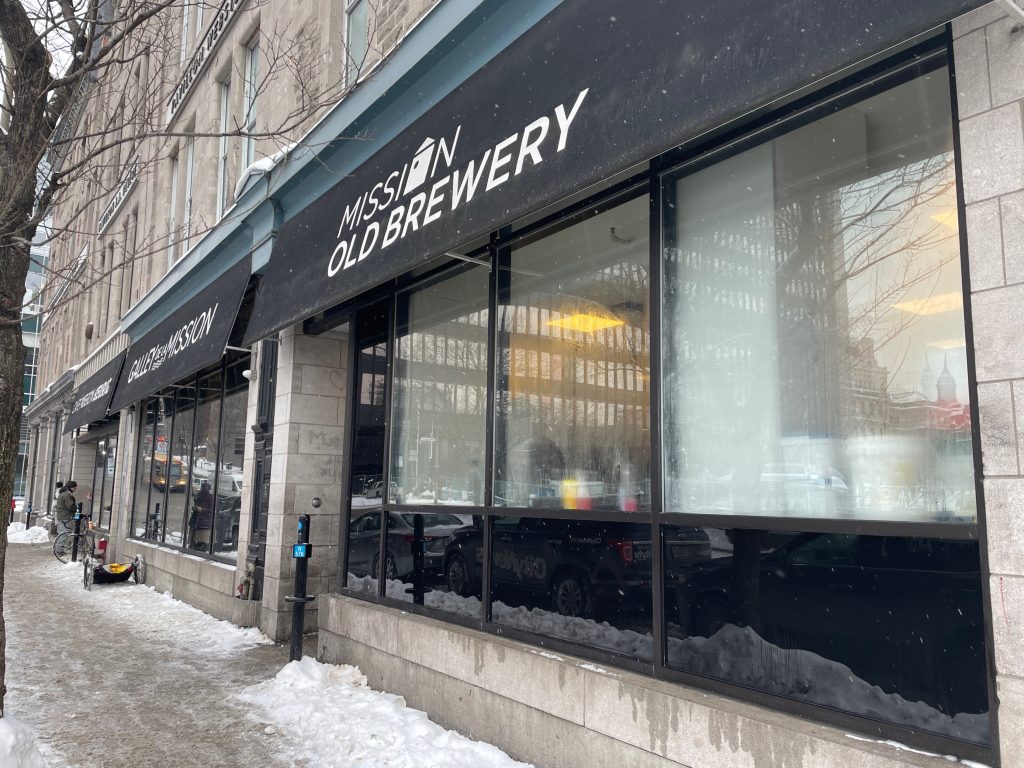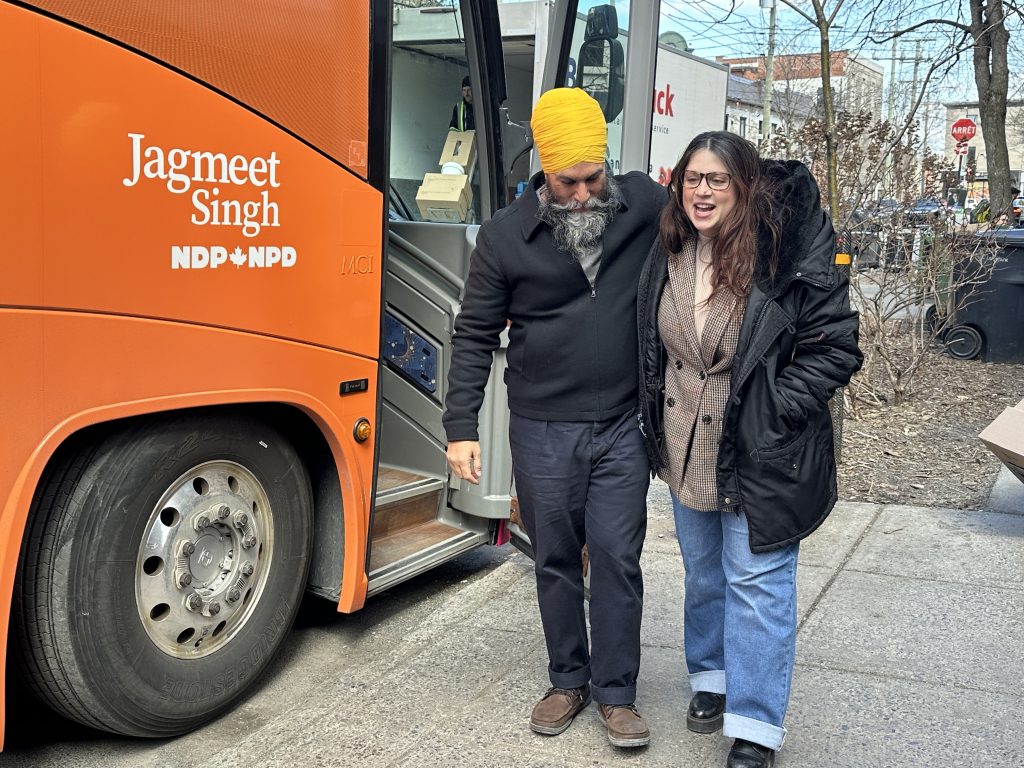More Quebecers opting for private health care, survey shows

Posted October 15, 2024 11:30 am.
Last Updated October 15, 2024 7:05 pm.
More and more Quebecers are turning to the private health-care network to receive care, according to a survey published Tuesday morning in the “Journal de Québec.”
Whether for a vaccine or surgery, over the past five years, the rate of Quebecers opting for the private network to obtain medical services has increased by 17 per cent.
“If you’re looking for immediate reaction, immediate intervention, private is the way to go,” Montrealer David Erskine told CityNews. “Of course, most people can’t afford that, as it could be quite expensive.”
“I did have to take a private, let’s say, X-rays and the waiting list for certain injections were too long, so I had to do private for these procedures,” added Montrealer Ahdab Nakhala.
By paying for the service themselves or with insurance, 42 per cent of respondents said they had used services not covered by the Régie de l’assurance maladie du Québec (RAMQ) over the past five years, compared to 25 per cent in 2019.
“You can be rich, but some people even go as far as sacrificing what they have to go and get appropriate health care they need. And sometimes it is very expensive,” said Paul G. Brunet, the chair of the Conseil pour la protection des malades.
The results of the Léger survey also show that 39 per cent of people believe the quality of health care in the public network is lower than in the private sector, while eight per cent believe the quality is better in the public sector.
The pandemic has often been cited in recent years to explain the deterioration in access to care. However, 56 per cent of Quebecers think health care services are worse than before 2019.
“Longer wait sometimes and longer appointments, longer delay. But it did not improve, that’s for sure,” said Nakhala.
“I’ve never seen so many people waiting to receive services like surgery, home care, long term facility, mental illness appointments,” added Brunet. “We’re talking about hundreds of thousands of people waiting.”
Only five per cent think they are better and 23 per cent think they are more of the same.
“Did it get worse for me? Yes,” said Nakhala. “But for other family members who still have their own doctor, it’s still the same.”
Quebec ‘very aware’: Dubé
Quebec Health Minister Christian Dubé said the province was “very aware of the difficulties in accessing care and that is why improving access is our top priority.”
He cited examples of measures that his government has implemented to improve access to care, including the Primary Care Access Point (GAP) to make an appointment with a family doctor. He also noted that more powers have been granted to certain professionals to better care for the population, including pharmacists and specialized nurse practitioners.
“We are not stopping there,” Dubé wrote on X. “We are also making access the heart of our negotiations with medical federations. We are doing it for Quebecers.”
Dubé also mentioned the health network is temporarily using specialized medical centres to catch up on the backlog in surgery. On this issue, the survey shows Quebecers are divided – 38 per cent of respondents say the use of private clinics should be encouraged, while 37 per cent are opposed. A quarter of those surveyed refrained from answering the question.
“It has been always a problem,” Nakhala said. “I don’t think it’s something the government has done or caused. The only thing I would say, we should look into other solutions, better solutions.”
The survey was conducted from Sep. 27-29 among 1,002 Quebecers. It is not possible to calculate a margin of error for an online sample, but usually the margin of error for a sample of this size would be 3.1 per cent, 19 times out of 20.
